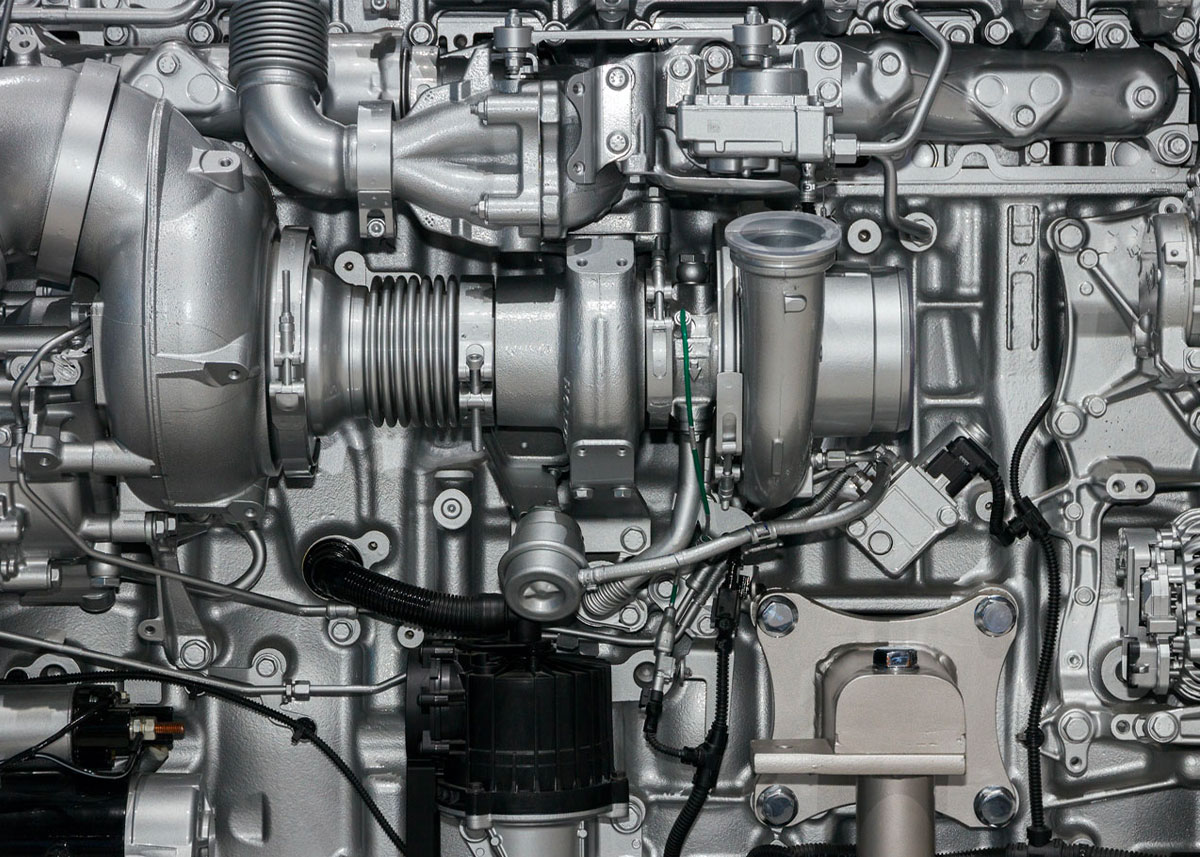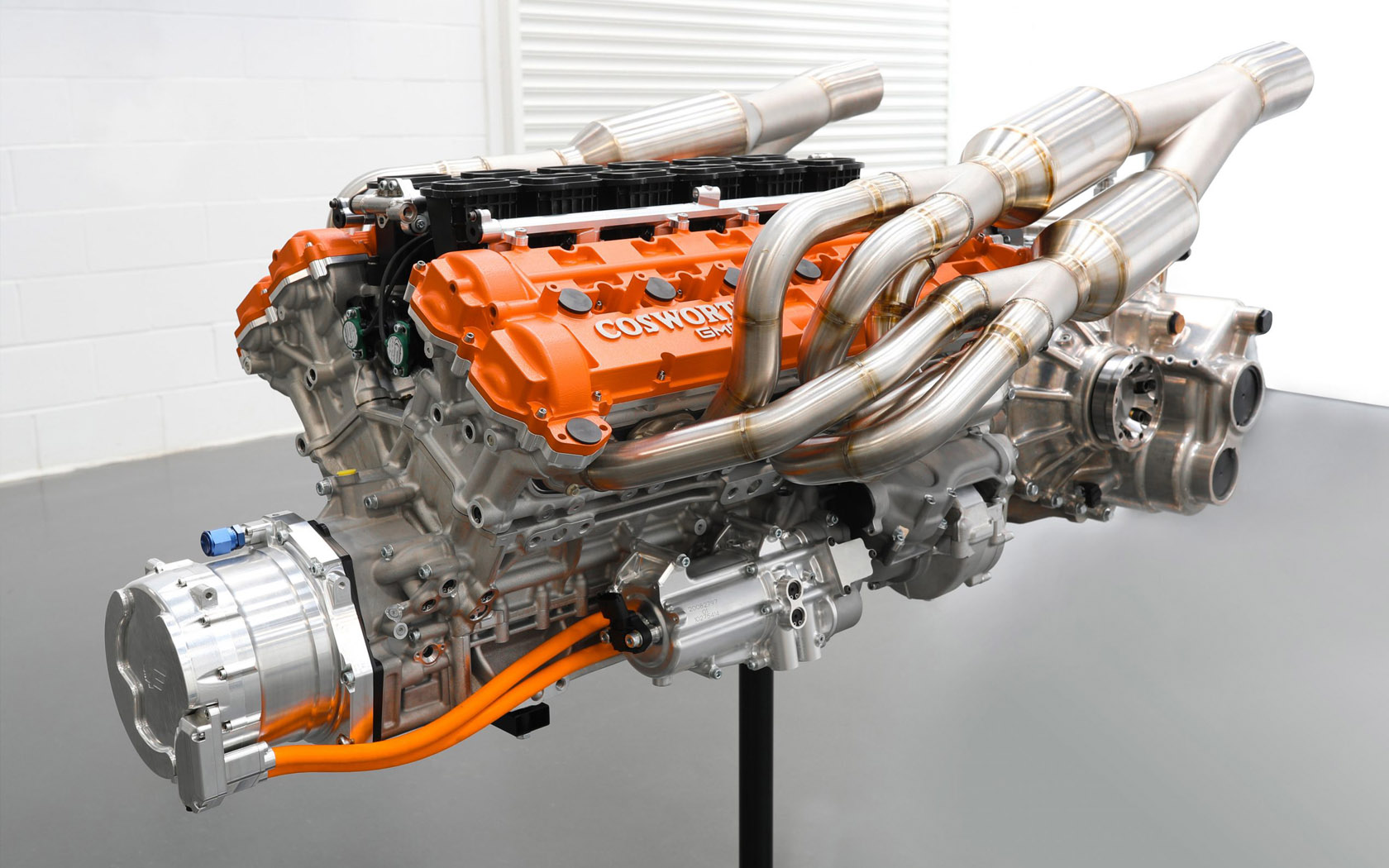Engines For Africa: Leading copyright of Premium Engines
Wiki Article
A Full Overview to Picking the Right Engine for Your Task
Picking the ideal engine for your job is a critical choice that can substantially impact its general success. It is crucial to thoroughly specify your project needs, evaluate efficiency needs, and consider user-friendliness along with other vital aspects. Furthermore, comprehending the community support readily available and scrutinizing price effects can additionally improve your selection. Each of these elements plays a critical duty in making certain that your picked engine not only satisfies immediate goals yet additionally aligns with long-term aspirations. As we discover these considerations, you may locate that the subtleties of each aspect disclose greater than originally expected.Define Your Project Needs
Defining your task requires is an essential step in choosing the ideal engine for successful execution. A detailed understanding of your job's purposes will assist you in identifying the capacities and attributes needed from an engine. Begin by laying out the extent of your project, including the preferred functionality, target audience, and the particular outcomes you aim to achieve.
Following, take into consideration the technical demands that align with your job goals. This consists of reviewing the compatibility of the engine with existing systems, along with the programs languages and structures that will be utilized. Additionally, assess the level of scalability called for to accommodate future growth or modifications in need.
Spending plan constraints likewise play a crucial function in specifying your project needs. Establish a clear monetary framework to guide your decision-making process, making certain that the engine selected fits within your budget plan while supplying the required functionality.
Evaluate Performance Demands

Engines that support horizontal scaling are frequently preferable for larger applications. Furthermore, evaluate the engine's efficiency under various problems, such as peak use scenarios, to guarantee it fulfills your reliability criteria.
Consider Convenience of Usage
While technical requirements are vital, the ease of use of an engine can dramatically affect the development process and general task success. An user-friendly user interface, clear documents, and structured workflows can significantly lower the knowing curve for designers, allowing them to concentrate on creativity and problem-solving as opposed to coming to grips with facility devices.When reviewing an engine's ease of usage, consider the onboarding experience. A well-structured intro, total with tutorials and example projects, can facilitate a smoother change for new individuals. Additionally, the clarity and comprehensiveness of the engine's documentation play a critical duty; detailed guides and API referrals can empower programmers to troubleshoot and implement features efficiently.
One more facet to think about is the engine's customization abilities. An engine that permits for very easy modifications can be extra straightforward, as programmers can tailor it to fit their specific requirements without comprehensive trouble. Last but not least, examine the workflow combination with systems and devices you currently use. A cohesive ecosystem can boost efficiency and decrease rubbing during the advancement process. Ultimately, choosing an engine that prioritizes convenience of use can lead to an extra delightful and productive development experience.
Assess Area and Assistance
YOURURL.com The stamina of an engine's area and support network can considerably influence a developer's experience and success. A dynamic neighborhood frequently shows a wide range of common knowledge, resources, and fixing aid that can enhance your project's advancement process. When evaluating an engine, take into consideration the dimension and activity degree of its community. Bigger communities generally use more discussion forums, tutorials, and third-party plugins, enabling developers to find options more efficiently.Moreover, evaluate the availability of main support networks. Dependable paperwork, responsive customer support, and regular updates are necessary for attending to technological issues and keeping your project on track. Engines For Africa. Energetic communities also foster collaboration, giving possibilities for networking and comments, which can be very useful, particularly for independent programmers or tiny teams
In addition, investigate the existence of community-run occasions, such as meetups or hackathons. These gatherings can improve your understanding of the engine while attaching you with seasoned customers and potential collaborators. In you could check here recap, a robust area and assistance system not only streamline growth but likewise create a setting for learning and technology, eventually boosting the chance of your task's success.
Contrast Price and Licensing Choices
Spending plan factors to consider play a crucial function in selecting the right engine for your task, as the cost and licensing options can considerably influence both temporary expenses and long-term practicality. Engines For Africa. Different engines offer varying prices structures, which can include single purchase charges, membership versions, or revenue-sharing arrangements based on your job's incomes
Accrediting choices also vary considerably. Some engines are open-source, offering adaptability and community-driven support, while others may require exclusive licenses that limit usage and distribution. Understanding the implications of each licensing design is crucial, as it influences ownership legal rights, future scalability, and possible lawful obligations.
Verdict
Finally, picking the suitable engine for a project necessitates a comprehensive assessment of defined task requirements, efficiency demands, simplicity of usage, neighborhood support, and price considerations. By systematically resolving these vital variables, decision-makers can ensure positioning with both future and current job needs. A knowledgeable choice inevitably improves the possibility of task success, enabling efficient resource allowance and taking full advantage of possible outcomes within the defined monetary constraints.Choosing the ideal engine for your project is a vital decision that can significantly impact its total success.Defining your project requires is a critical step in selecting the appropriate engine for effective implementation. A detailed understanding of your job's purposes will certainly assist you in identifying the attributes and capacities required from an engine.Once you have a clear understanding of your task requires, the next step is to review the efficiency demands of the engine.In final thought, selecting the suitable engine for a project requires a detailed assessment of defined project click this link requirements, performance requirements, simplicity of use, area support, and price considerations.
Report this wiki page